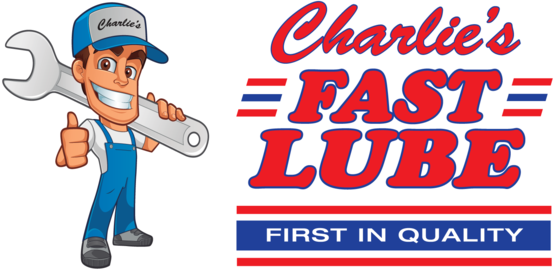Positive Crankcase Ventilation ? PCV Valve Service at Charlie's Fast Lube Sikeston
March 21, 2021
Hello Sikeston! Did you know that the first federally-mandated emissions control device was introduced in the 1960's? The Positive Crankcase Ventilation valve, or PCV valve, has been installed in Missouri vehicles since 1964 and represents the first legislation by the United States government to regulate harmful emissions as well as to improve performance in the country's vehicles.
The PCV valve, as you can probably guess, is located on the crankcase. The crankcase is the lowest part of a vehicle's engine. It houses the crankshaft and the engine oil. The crankshaft connects to the pistons that power the engine.
Pistons are pushed down when fuel is burned in an engine. This causes the crankshaft to rotate, which sends power to the transmission. It ultimately turns the axles and causes the vehicle to move. Some of the gases released by the burning fuel squeeze around the pistons and down into the crankcase.
If the escaped gases mix with the engine oil in the crankcase, oil sludge develops. This sludge has the consistency of petroleum jelly and can cause damage by clogging up passageways in the engine. Further, escaped gases can build up pressure inside the crankcase that can blow out seals and gaskets.
Before 1964, a hose was attached to the crankcase that vented escaped gases out into the air. These gases contained about 70% unburned fuel as well as harmful emissions. The PCV valve was designed to curb these harmful emissions as well as recapture unburned fuel.
The PCV valve is a small, one-way valve that allows escaped gases to exit the crankcase. The gases are then routed into the intake system so they can be re-burned in the engine. Fresh air enters the crankcase through a breather tube to facilitate this circulation and keep the air in the crankcase clean.
The PCV valve, like most working parts on a vehicle, will wear out over time. Usually it simply gets gummed up. Preventive maintenance, including routine oil changes at Charlie's Fast Lube Sikeston in Sikeston, will extend the life of the valve, but eventually it will have to be replaced. A sticking PCV valve won't allow gases to circulate properly, which can increase pressure in the crankcase. Over time, that pressure will lead to oil leaks.
Your vehicle manufacturer recommends that a PCV valve be replaced every 20,000 to 50,000 miles (32,000 to 80,000 kilometers), depending on the vehicle and Sikeston driving conditions. It's an inexpensive repair but may not be included in the maintenance schedule in your owner's manual. So if you're looking for auto advice about the PCV valve, you may have to ask our pros at Charlie's Fast Lube Sikeston.
Taking care of our PCV valve protects the environment in Missouri and improves vehicle performance. It's just part of good vehicle care for Sikeston drivers and a way all of us can do our part to improve the world we live in.
Charlie's Fast Lube Sikeston
2017 E. Malone
Sikeston, Missouri 63801
573-472-1139
http://www.charliesfastlubesikeston.com
Need Service?
More articles from Charlie's Fast Lube Sikeston

The Part You've Never Seen (Flat Tires and Solutions)
April 20, 2025
They say your vehicle has one, but you've never seen it. And you might not even know it if you stumbled on it accidentally. We're talking about the jack, that tool that allows you to lift one corner of the vehicle up so someone can change a flat tire. So you say you'd never try to change a flat ... More

A Head Start on Starting (Battery Testing)
April 13, 2025
If your vehicle isn't starting or doesn't sound like it used to when you crank it, the culprit may be the battery. You may have left a light on, or something plugged into one of charging ports. Maybe you accidentally left your vehicle in the "on" or "accessory" position when you last got out. M... More

Let's Clear Some Things Up (Headlight Restoration)
April 6, 2025
You know how exposing your skin to sunlight can cause sunburn and other unhealthy things. Sunlight can also create major problems for your headlights. After they've been exposed to ultraviolet light, acrylic headlights can yellow and fog due to oxidation. And when that happens, less light can ... More









